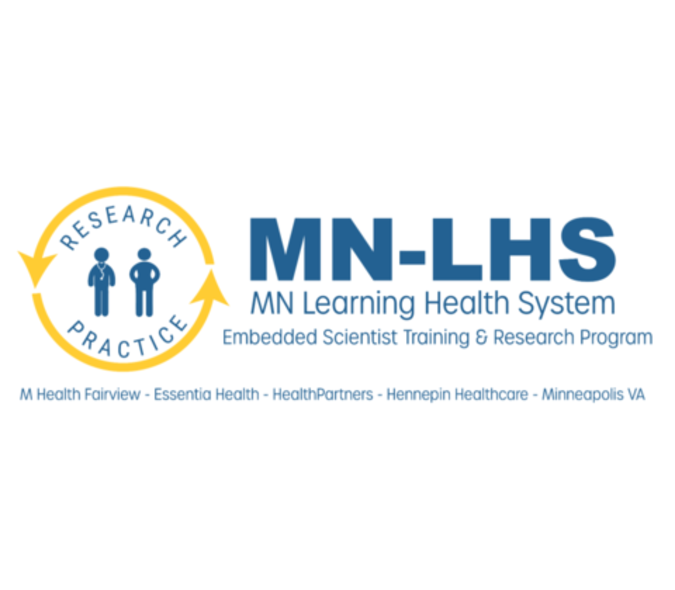
Genevieve Melton-Meaux and Team Investigate Use of Chatbots in Informed Consent
CLHSS director Genevieve Melton-Meaux, MD, PhD, was part of a team of researchers who investigated if large language model-based chatbots can effectively communicate information about surgical procedures to patients for the process of informed consent.
Including a surgery’s risks, benefits, and alternatives in an electronic consent form offers patients the opportunity to review the procedure details and make an informed decision. However, the information on these forms needs to be complete and understandable as well as specific to the particular operation in order to facilitate informed consent.
The goal of this study was to examine if a large language model chatbot can be used as a tool to generate effective descriptions of surgical risks, benefits, and alternatives. The research team compared these descriptions for several common surgical procedures that were generated by ChatGPT with descriptions written by surgeons used in consent forms at an academic referral center.
Overall, ChatGPT descriptions were more readable, complete, and accurate. Both the ChatGPT and surgeon-written descriptions were more complex than would be recommended for patients, but the ChatGPT descriptions were overall more simple.
Surgeons should still review anything automatically generated for its accuracy; however, it appears that large language model chatbots offer a way for surgeons to save time and provide effective written communication around informed consent information for common surgical procedures.
More details on the study can be found in JAMA Network Open.



